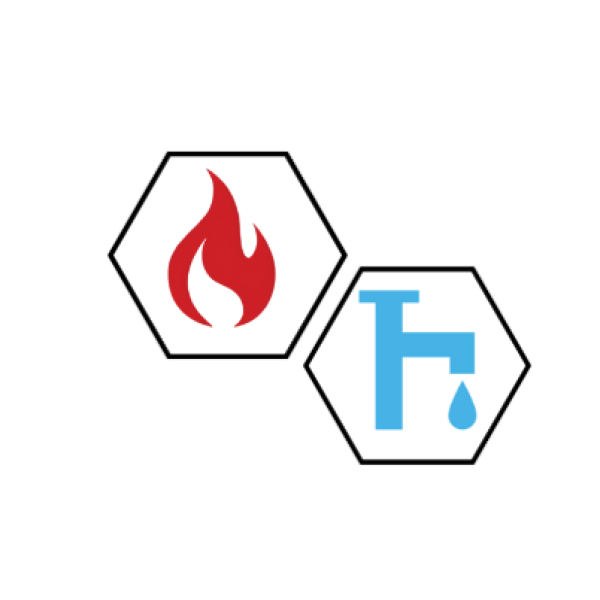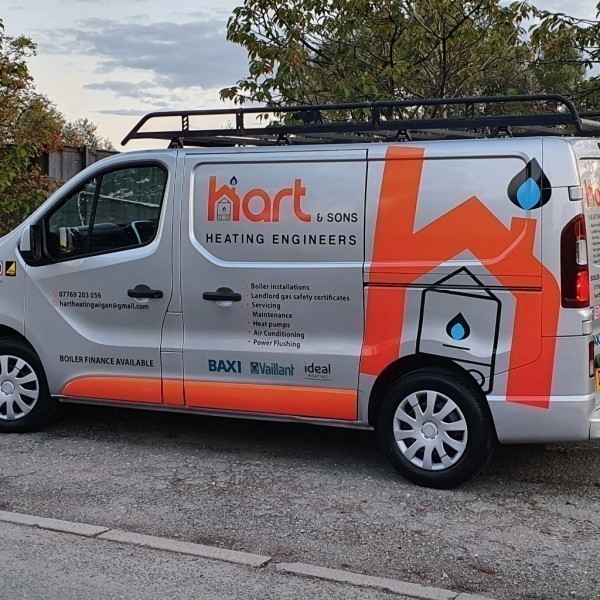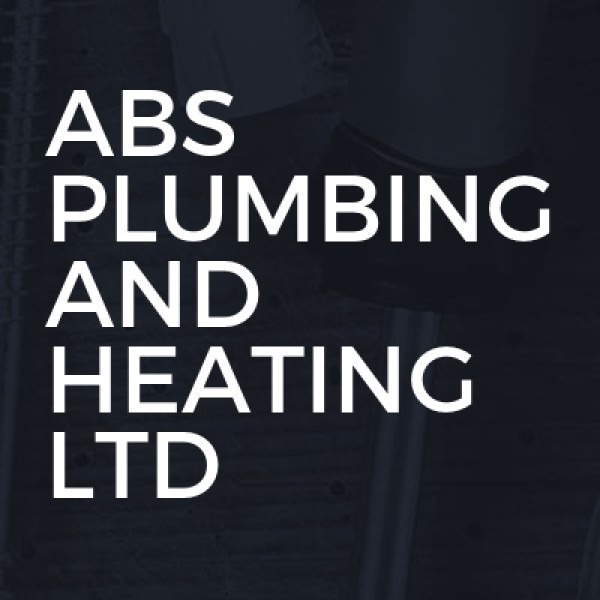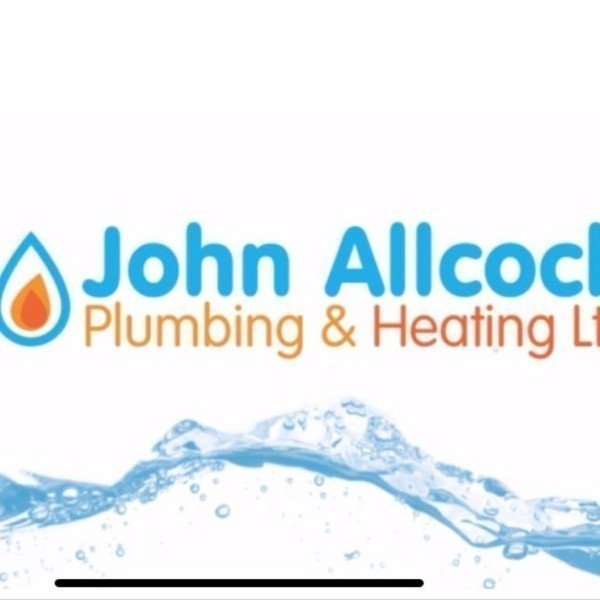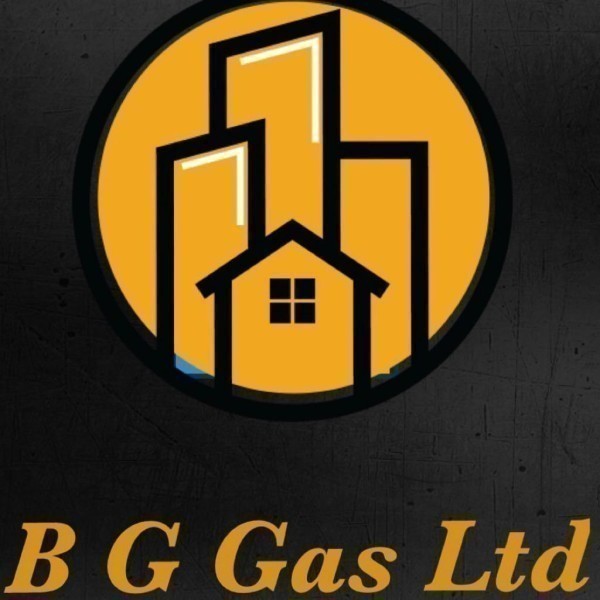Boiler/Heating Engineers in Royton
Welcome to H2P Heating and Plumbing Solutions Ltd, your go-to experts for all things plumbing an... read more »
Welcome to Daniel Plumbing and Handyman, your trusted local experts in plumbing, bathroom fit... read more »
Welcome to Hestia Builder Limited, your go-to experts for all things related to home improvement and renovation in the heart of Greater M... read more »
R & V Plumbing And Heating is a reputable business located in the heart of Levenshulme, proudly serving the Greater Manc... read more »
Oltheno Gas Ltd: Your Trusted Boiler and Heating Engineers in Greater Manchester
Welcome to Oltheno Gas Ltd, a r... read more »
Hart & Sons Heating Engineers Ltd: Premier Plumbing and Heating Services in Greater Manchester
Welcome to Hart &... read more »
ABS Plumbing and Heating Ltd is a reputable business based in the heart of Dukinfield, offering top-not... read more »
Welcome to JJ Gas Services, your trusted Boiler and Heating Engineers located in the heart of Savile Park, proudly serving the entire Wes... read more »
Emo Property Maintenance, nestled in the heart of Breightmet, is your go-to solution for all your plumbing and heating n... read more »
John Allcock Plumbing & Heating Ltd is a trusted name in the realm of boiler and heating services, proudly serving the T... read more »
Welcome to Gas & Heat Solutions Ltd., your trusted Boiler and Heating Engineers in Crumpsall, proudly serving the Greater Manchester area... read more »
Welcome to Hollingsworth Heating Services Ltd, your trusted partner for all plumbing and heating needs in Beech Hill and across... read more »
Welcome to BG Gas Ltd, your trusted tradespeople in Charlestown, proudly serving the Greater Manchester area. With over 20 years of exper... read more »
Welcome to Adrain Heating And Plumbing, your trusted... read more »
Adaptation Building Services Ltd is... read more »
Welcome to Redmond Heating Services, your go-to exper... read more »
MakeWarm Ltd: Premier Boiler and Heating Engi... read more »
Welcome to TJS Heating and Gas Engineers Ltd<... read more »
Welcome to Tom Prince Plumbing and Heating, your trus... read more »
Search Boiler/Heating Engineers in places nearby
- Boiler/Heating Engineers in Abram
- Boiler/Heating Engineers in Altrincham
- Boiler/Heating Engineers in Ashton-in-Makerfield
- Boiler/Heating Engineers in Ashton-Under-Lyne
- Boiler/Heating Engineers in Atherton
- Boiler/Heating Engineers in Bolton
- Boiler/Heating Engineers in Bramhall
- Boiler/Heating Engineers in Buckley
- Boiler/Heating Engineers in Bury
- Boiler/Heating Engineers in Chadderton
- Boiler/Heating Engineers in Cheadle
- Boiler/Heating Engineers in Cheadle Hulme
- Boiler/Heating Engineers in Denton
- Boiler/Heating Engineers in Droylsden
- Boiler/Heating Engineers in Dukinfield
- Boiler/Heating Engineers in Eccles
- Boiler/Heating Engineers in Failsworth
- Boiler/Heating Engineers in Farnworth
- Boiler/Heating Engineers in Gatley
- Boiler/Heating Engineers in Golborne
- Boiler/Heating Engineers in Hale
- Boiler/Heating Engineers in Hazel Grove
- Boiler/Heating Engineers in Heywood
- Boiler/Heating Engineers in Hindley
- Boiler/Heating Engineers in Horwich
- Boiler/Heating Engineers in Hyde
- Boiler/Heating Engineers in Ince in Makerfield
- Boiler/Heating Engineers in Irlam
- Boiler/Heating Engineers in Kearsley
- Boiler/Heating Engineers in Leigh
- Boiler/Heating Engineers in Littleborough
- Boiler/Heating Engineers in Little Lever
- Boiler/Heating Engineers in Manchester
- Boiler/Heating Engineers in Marple
- Boiler/Heating Engineers in Middleton
- Boiler/Heating Engineers in Milnrow
- Boiler/Heating Engineers in Mossley
- Boiler/Heating Engineers in Oldham
- Boiler/Heating Engineers in Pendlebury
- Boiler/Heating Engineers in Prestwich
- Boiler/Heating Engineers in Radcliffe
- Boiler/Heating Engineers in Ramsbottom
- Boiler/Heating Engineers in Rochdale
- Boiler/Heating Engineers in Romiley
- Boiler/Heating Engineers in Sale
- Boiler/Heating Engineers in Salford
- Boiler/Heating Engineers in Shaw
- Boiler/Heating Engineers in Stalybridge
- Boiler/Heating Engineers in Standish
- Boiler/Heating Engineers in Stockport
- Boiler/Heating Engineers in Stretford
- Boiler/Heating Engineers in Swinton
- Boiler/Heating Engineers in Tyldesley
- Boiler/Heating Engineers in Urmston
- Boiler/Heating Engineers in Walkden
- Boiler/Heating Engineers in Westhoughton
- Boiler/Heating Engineers in Whitefield
- Boiler/Heating Engineers in Wigan
- Boiler/Heating Engineers in Worsley
Introduction to Boiler/Heating Engineers in Royton
Boiler and heating engineers in Royton play a crucial role in ensuring the warmth and comfort of homes and businesses. These skilled professionals are responsible for installing, maintaining, and repairing heating systems, which are essential for surviving the chilly months. In this article, we will explore the various aspects of boiler and heating engineering in Royton, providing insights into their services, qualifications, and the importance of their work.
The Role of Boiler/Heating Engineers
Boiler and heating engineers are the unsung heroes of the heating industry. They are tasked with a variety of responsibilities, from installing new systems to diagnosing and fixing faults in existing ones. Their expertise ensures that heating systems operate efficiently and safely, providing warmth and hot water to homes and businesses.
- Installation: Engineers install new boilers and heating systems, ensuring they are set up correctly and safely.
- Maintenance: Regular maintenance is crucial to keep systems running smoothly and to prevent breakdowns.
- Repairs: When systems fail, engineers diagnose and repair faults to restore functionality.
Qualifications and Training
Becoming a boiler or heating engineer requires a combination of formal education and hands-on training. Engineers typically undergo rigorous training to ensure they are equipped with the necessary skills and knowledge.
- Apprenticeships: Many engineers start their careers through apprenticeships, gaining practical experience while studying.
- Certifications: Engineers must obtain relevant certifications, such as Gas Safe registration, to legally work on gas appliances.
- Continuous Learning: The industry is constantly evolving, so engineers must stay updated with the latest technologies and regulations.
The Importance of Regular Maintenance
Regular maintenance of heating systems is vital for several reasons. It ensures the system operates efficiently, reduces the risk of breakdowns, and extends the lifespan of the equipment. Moreover, well-maintained systems are safer and more environmentally friendly.
- Efficiency: Regular servicing helps maintain optimal performance, reducing energy consumption and costs.
- Safety: Engineers check for potential hazards, such as gas leaks, ensuring the safety of occupants.
- Longevity: Routine maintenance can prevent costly repairs and extend the life of the system.
Common Heating System Issues
Heating systems can encounter a variety of issues, especially if they are not regularly maintained. Some common problems include:
- No Heat or Hot Water: This could be due to a faulty thermostat, broken diaphragm, or airlock.
- Leaking and Dripping: Often caused by a broken component or corrosion within the system.
- Strange Noises: Banging, whistling, or gurgling noises may indicate air in the system or low water pressure.
Choosing the Right Boiler/Heating Engineer in Royton
Selecting the right engineer is crucial for ensuring quality service. Here are some tips to help you make an informed decision:
- Check Credentials: Ensure the engineer is certified and registered with relevant bodies, such as Gas Safe.
- Experience: Look for engineers with a proven track record and positive customer reviews.
- Get Quotes: Obtain multiple quotes to compare prices and services offered.
Energy Efficiency and Environmental Considerations
With growing concerns about energy consumption and environmental impact, boiler and heating engineers play a key role in promoting energy efficiency. They can advise on the best systems and practices to reduce energy usage and carbon footprint.
- Modern Systems: Newer boilers are more energy-efficient and environmentally friendly.
- Smart Controls: Engineers can install smart thermostats and controls to optimise heating schedules.
- Insulation: Proper insulation can significantly reduce energy loss and improve efficiency.
Innovations in Heating Technology
The heating industry is constantly evolving, with new technologies emerging to improve efficiency and convenience. Engineers must stay abreast of these innovations to provide the best service to their clients.
- Condensing Boilers: These boilers are more efficient as they recover heat from exhaust gases.
- Heat Pumps: An eco-friendly alternative that extracts heat from the air or ground.
- Hydrogen Boilers: A potential future solution that uses hydrogen as a clean fuel source.
Understanding Boiler Types
There are several types of boilers available, each with its own advantages and disadvantages. Understanding these can help you choose the right system for your needs.
- Combi Boilers: Provide both heating and hot water without the need for a separate tank.
- System Boilers: Require a cylinder for storing hot water but no tank, making them ideal for larger homes.
- Conventional Boilers: Use both a tank and a cylinder, suitable for homes with high hot water demand.
Cost Considerations for Boiler Services
The cost of boiler services can vary depending on several factors, including the type of service required and the complexity of the system. It's important to consider these factors when budgeting for boiler maintenance or installation.
- Installation Costs: New installations can be costly, but investing in a high-quality system can save money in the long run.
- Maintenance Fees: Regular servicing is an ongoing cost but can prevent expensive repairs.
- Repair Expenses: Unexpected repairs can be costly, highlighting the importance of regular maintenance.
Safety Measures and Regulations
Safety is paramount when dealing with heating systems. Engineers must adhere to strict regulations and safety measures to protect themselves and their clients.
- Gas Safety: Engineers must be Gas Safe registered to work on gas appliances.
- Electrical Safety: Proper handling of electrical components is crucial to prevent accidents.
- Ventilation: Ensuring adequate ventilation is essential to prevent carbon monoxide build-up.
The Future of Heating Engineering
The future of heating engineering looks promising, with advancements in technology and a growing focus on sustainability. Engineers will continue to play a vital role in developing and implementing innovative solutions.
- Renewable Energy: The integration of renewable energy sources, such as solar and wind, into heating systems.
- Smart Homes: The rise of smart home technology will allow for more efficient and convenient heating solutions.
- Carbon Neutral Goals: Engineers will be instrumental in helping achieve carbon neutrality through efficient heating systems.
Frequently Asked Questions
- What qualifications should a heating engineer have? They should be Gas Safe registered and have relevant certifications.
- How often should I service my boiler? It's recommended to service your boiler annually to ensure efficiency and safety.
- What are the signs of a faulty boiler? Common signs include strange noises, no heat or hot water, and leaks.
- Can I install a boiler myself? No, boiler installation should be carried out by a qualified professional.
- What is the most energy-efficient boiler type? Condensing boilers are currently the most energy-efficient option.
- How can I reduce my heating costs? Regular maintenance, proper insulation, and using smart controls can help reduce costs.
Conclusion
Boiler and heating engineers in Royton are essential for maintaining the comfort and safety of homes and businesses. Their expertise in installation, maintenance, and repair ensures that heating systems operate efficiently and safely. As the industry evolves, these professionals will continue to play a crucial role in promoting energy efficiency and sustainability. By understanding their role and the services they provide, you can make informed decisions about your heating needs and ensure a warm and comfortable environment.
Send a message





